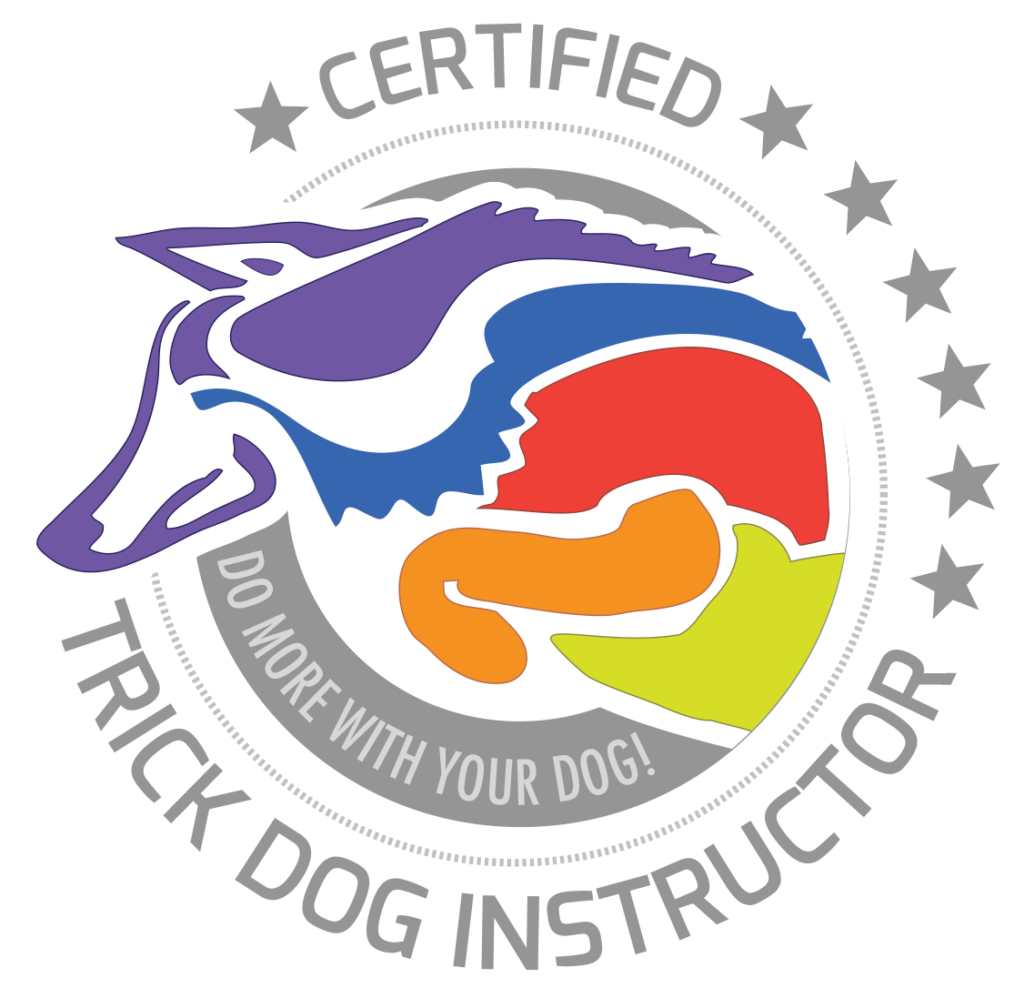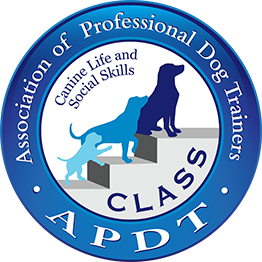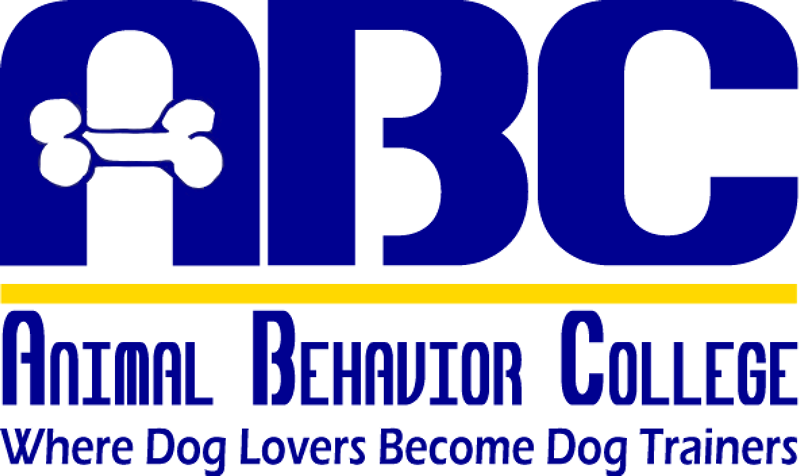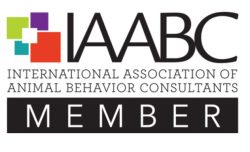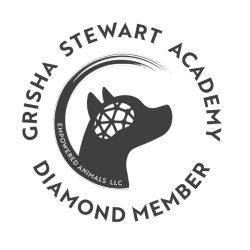How Dog Food affects Behavior
Dog food, diet and behavior.
Background
I have been working in academic research in the food industry and agricultural field for many years. That’s where I have developed a great interest in nutrition for both humans and animals. Being mentored by the most educated professors in the field of nutrition, food science and animal behavior, I have gained a lot of insight and knowledge along with my master degree in this field. Dog diet and behavior can interconnect.
Therefore, I know that feeding your dog the best quality food you can afford is very important. Using food with natural, high-quality ingredients makes a significant positive impact not only on your dog’s health but on your dog’s behavior as well.
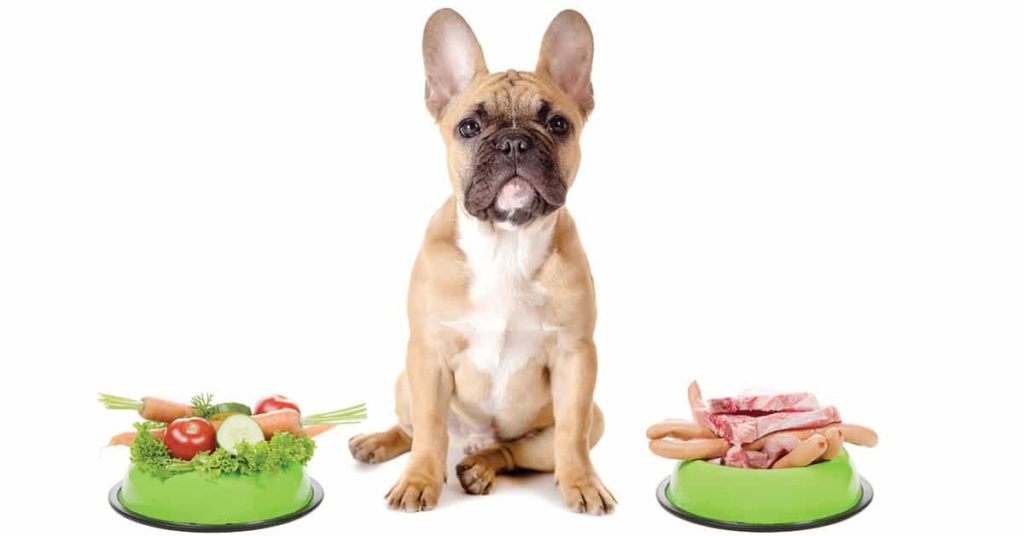
The Impact of Dog Food on Behavior
In my daily work as a dog trainer and behaviorist, I analyze all areas of a dog’s life including the relationship with their human family.
Before we even start training, it is very important to make sure your dog has a balanced life from all points of view. If it’s not we need to help them find it.
Likewise, your dog needs to have a balanced social interaction, exercise, play, discipline, sleep time etc. But your dog also a nutritious, healthy and balanced diet.
Including a good quality food in your dog’s diet, is the very first step taken to ensure your dog is happy, relaxed and able to enjoy your home environment. As a result of that, your dog will be more capable to learn, train and obey. Otherwise, the learning process during training can be hindered.
Just like us humans, we need good nutrition to function at our best. The same way your dog needs proper nourishment so they can develop and grow to their full potential, both physically and mentally. The food you are feeding your dog will affect their health and their behavior as well.
Behaviors influenced by diet
Research has proven that there is a clear connection between a well-balanced and biologically appropriate diet and improved behavior in dogs. They have shown that good-quality nutrition can decrease your dog’s level of stress. It helps your dog be calmer and more relaxed with less tendency for unwanted behaviors.
Animal behavioral therapists have found the following diet-related behaviors or conditions while working with dogs of all breeds and ages. These can all be symptoms that your dog’s food is lacking nutritive value.
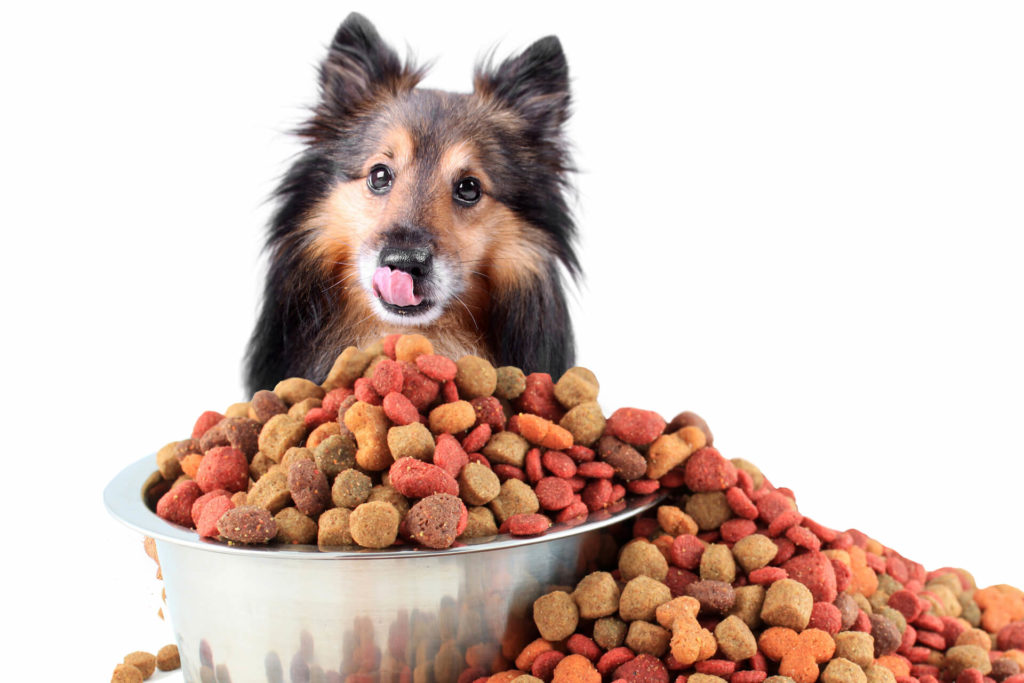
- Excessive barking
- Hyperactivity or over-exuberance – due to eating too many carbohydrates
- Biting
- Anxiety/stress, lack of focus, even pain
- Counter-surfing, stealing food from a counter or table
- Aggression/reactivity
- Digging and escaping to seek better nutrients the dog is lacking
- Eating soil – linked to mineral deficiency
- Getting into garbage
- Eating feces
- Chewing on wood, including furniture, rocks or any other objects around the yard or house
- Mood swings
- Restless sleep
- Compulsive disorders
- Unfocused, agitated and difficult to train (too many cereals from wheat, corn and corn meal)
- Too much of the wrong type of fat may result in obesity, lethargy, diabetes or heart problems.
For help with any of these behaviors contact us.
Thus, training results can also be affected by lack of nutrients in your dog’s food. On the other hand, these behavioral problems are not always a direct result of poor nutrition. Unwanted and crazy behaviors in dogs can result from different factors. They can range from genetics, psychological nature to training methods or early negative experiences.
For a correct diagnose, we will have to evaluate your dog and asses the situation. Every dog is different, so all cases will be analyzed and treated individually.
Recommendations
To avoid these limitations, take some time to do your homework. Look at your dog’s food and read the ingredients.
You can start your investigation with a close look at nutritional models for humans. This avenue can help you learn about food choices that negatively influence a behavior. It can affect the way your dog behaves as well.
We all know that most dogs will eat just about anything. That may include processed foods with minimal nutritional value. Just because the dogs will eat whatever you give them, it doesn’t necessarily mean it’s good for them. Many dogs are eating foods that can be linked to behavioral problems. These foods appear wonderful to humans, but often have nutritional deficits and long-term toxic effects.
Remember: different foods will lead to different results.
What to avoid
How is inexpensive dog food made?
“Food fragments left from human food processors that would otherwise be wasted are put to good use in pet foods.
The “whole grains” used in many dog foods have had the starch removed and the oil extracted. Or, they are the hulls and other remnants from the milling process. If whole grains are used, they may have been deemed unfit for human consumption because of mold, contaminants, or poor storage practices. (Messonnier, 2000.)”
An additional problem is corn. It is used as a protein source to save money in many popular foods. Corn presents a completely different set of difficulties for dogs suffering from behavior issues or stress- related problems as it can reduce the amount of serotonin in a dog.“
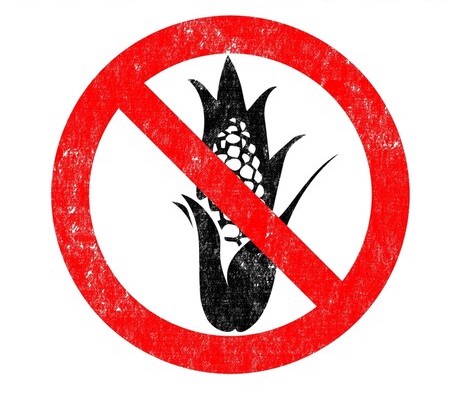
Corn is unusually low in tryptophan which can lead to an imbalance of serotonin. This causes a chain of reaction which can exacerbate behavior problems.” – From the book: Chill Out Fido! How to Calm Your Dog, Nan Kené Arthur
To sum up, your dog’s behavior is influenced by the nutrients they consume. That is to say, the food has an impacts the brain , which means it can influence their behavior. Moreover, research studies have shown that increasing the quality of the food along with the levels of good quality protein, can result in calmer dogs.
List according to the Whole Dog Journal’s
List of recommended food for several years:
- California Natural
- Canidae
- Blue Buffalo
- Flint River Ranch Dry Water (Mail Order)
- Solid Gold (San Diego based company)
- Fromm Four Star Nutritionals By Nature Organics
- Nature’s Variety
- Natural Balance Dry Dog Food Innova
- Instinct
- Taste of the Wild
- Wellness
- Wysong
List of Not Recommended foods
- Diamond’s Premium
- Eukaneuba Adult
- Iams
- Nature’s Recipe
- Nutro Max
- Purina One
- Beniful
- Science Diet
- Pedigree Prime
It’s best to switch between a few different brands and/or varieties during a dog’s life. While some varieties may include certain nutrients that other variety may not have enough of.
Healthy grains vs. Not so Good Grains
Although some pups may suffer from grain or gluten sensitivities, most dogs thrive on a grain-inclusive diet. Here is a list with healthy grain you may want to include in your dog’s diet.
Healthy Grains
- Whole Wheat
- Brown rice
- Barley
- Oats
- Millet
- Quinoa
- Sorghum
- Rye
Best to avoid
- Corn
- Wheat Gluten
- Corn Gluten Meal
- Wheat Middling
- Grain Hulls
- Brewer’s Rice
Our Conclusion
Consequently, it is essential to do our homework when we select the food brand for our dogs. It is best that we read the ingredients and feed our dogs healthy foods. That way we can achieve good mental and physical health for as long as our dogs will live. Good quality food can help your dog relax from the inside while you are working behavioral skills on the outside.
References:
- Dogs, a New Understanding of Canine Origin, Behavior and Evolution, by Ray and Loren Coppinger
- Dog Food Comparison Website—what’s in your current dog food— www.doberdogs.com
- Food Pets Die For, by Ann Martin Prevention Magazine- www.prevention.com
- Whole Dog Journal- www.whole-dog-journal.com for information
- Chill Out Fido! How to Calm Your Dog, Nan Kené Arthur
- Research Thesis “Feeding the modern dog: an examination of the history of the commercial dog food industry and popular perceptions of canine dietary patterns” by Rachel Elizabeth Kelly


